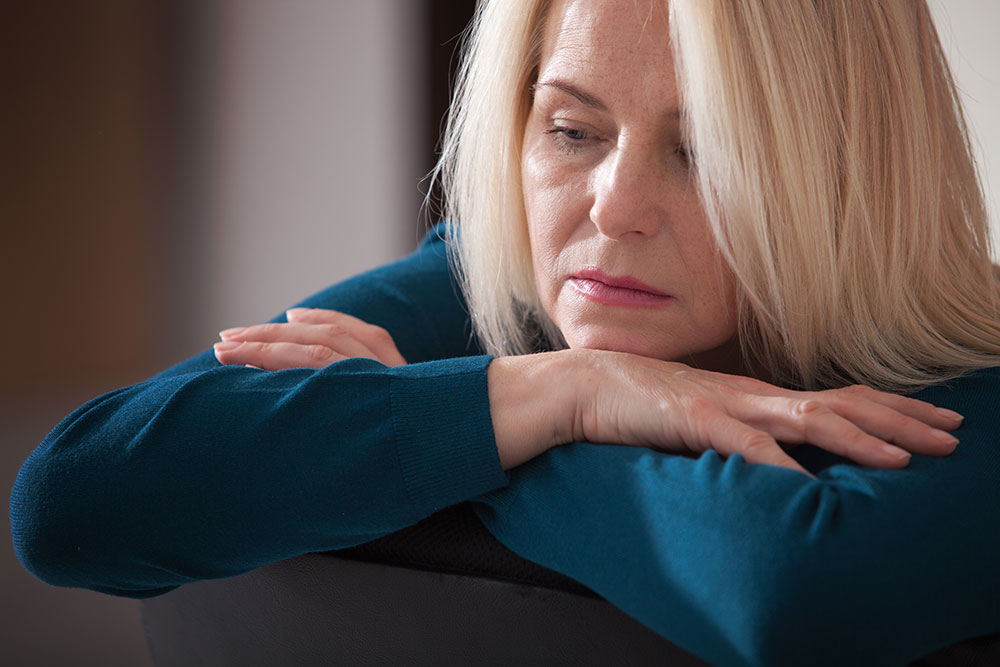
Patricia Taylor joins WM People as chair
Patricia Taylor has been appointed chair of the board of directors of workingwise.co.uk's...read more
A new report by Age UK shows the impact of mental health issues on people in their 50s, with the charity calling it a ‘wake-up call for the NHS and for our society’.

Nearly half (46%) of people aged 50-59 have not been sleeping well over the last 12 months and over four in 10 report feeling more anxious over the previous 12 months, according to a survey by Age UK.
The report from the charity Age UK, ‘I just feel like no one cares’, is based on nationally representative polling and shows almost a third (31%) of all respondents over 50 said that their physical health had got worse over the previous 12 months, with (16%) finding it harder to look after themselves.
More than two in five (45%) said they had less energy; more than one in three (35%) said they couldn’t walk so far; and almost one in three (32%) said they were in more physical pain.
Almost half (48%) of unpaid carers aged 50 and over had felt anxious, more than a third (34%) had felt overwhelmed, and more than a fifth (21%) had felt lonely because of the care or support they provide.
One in eight (13%) people aged 50 and over were rarely or never having social contact with others in person, over the phone, or online.
The report looks at different age groups of over 50s. Over four in ten (41%) of people in their 50s felt less motivated to do things that they enjoy, compared to a year ago. Over a third (34%) reported finding it harder to remember things and over a quarter (26%) were finding it harder to process new information.
Caroline Abrahams, Age UK Charity Director, said: “It’s sobering to see how common mental ill-health and an absence of wellbeing is among our older population. Our research is a reminder of the big gap that exists at the moment between the need for mental health support of all kinds, including Talking Therapies, and its availability. We have to do better by older people, and it’s not just about improving the NHS’s mental health offer to them, crucial though that is, it’s also about investing in the local community so that more low-level support is available from organisations like our local Age UKs to help older people to socialise, keep active and sustain their independence and resilience.”
She called the data on those in their 50s “a wake-up call for the NHS and our society”.
She said: “The resounding message from our report is that contrary to the popular stereotype, many fifty-somethings are not okay; a weakened NHS – and equally brittle social care system for those who are carers – are hitting them hard; and both they as individuals and our economy are suffering as a result. For the sake of us all this has to change as quickly as possible. The challenge to Government in putting in place the resources and strategy for getting more mental and physical health help, more quickly, to those in their fifties who would benefit from it is clear. Until this happens policy makers’ efforts to boost the economy will be very severely hampered.”